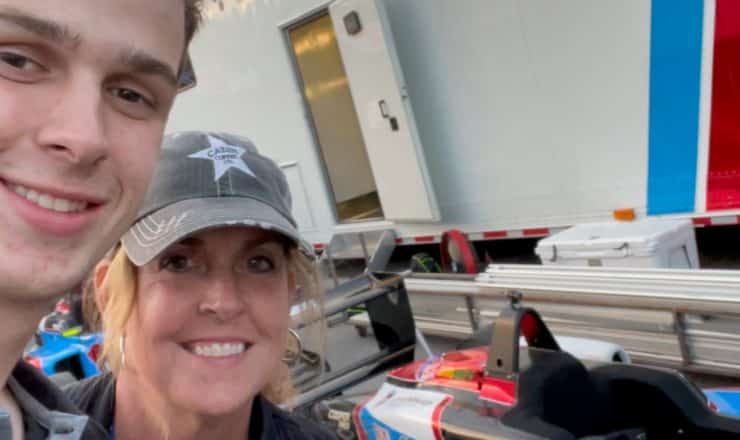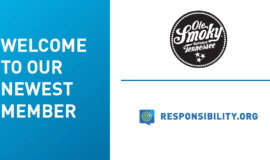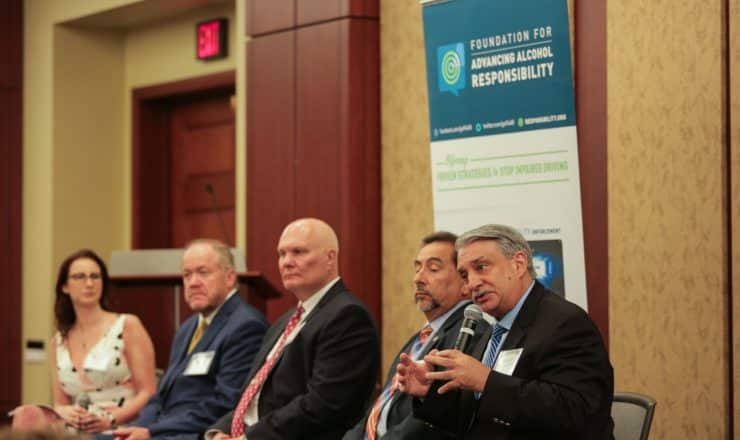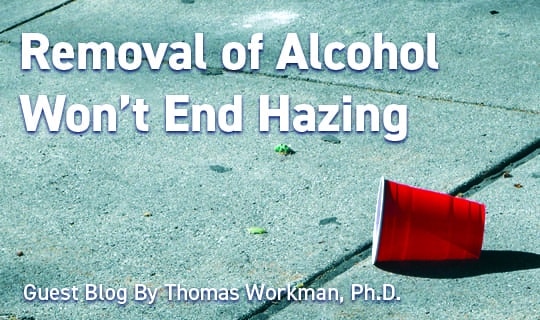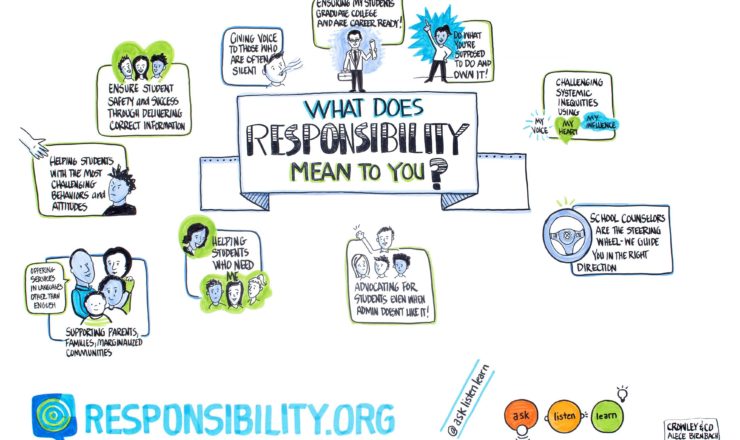Impaired Driving and the Need for Forensic Toxicology
Think back to when you were a child in elementary school. You had your pencils sharpened, your eraser ready, and you sat at attention anxiously listening to the teacher. Although you were at the back of the classroom, you were confident the teacher would take you seriously, listen to you and hear your answers to the questions. After all, you have always shown up to class, provided outstanding work and allowed all of your classmates their opportunities to shine.
Suddenly, the teacher introduces a topic in which you are an expert. She looks across the classroom, expecting an answer to her question. You shoot your hand straight into the air with confidence, wanting to contribute. After all, you know the answer. You watch as the teacher scans the room, looking for a student on which to call. You realize she has skimmed over you a few times now. In response, you begin pumping your hand in the air, even giving it a little wave, half standing at your desk to elevate your position. Another skim, and she still does not call on you. Suddenly, you find yourself feeling desperate so you utter “Pick me! I know! I know!” Sadly, despite your efforts to call attention to yourself, your knowledge, your work, the teacher chooses another student. Welcome to Forensic Toxicology.
For decades, Forensic Toxicology has been the student in the back of the classroom. The expectation of Forensic Toxicology used to be to perform quality testing for substances of abuse so that charges may be laid. Alcohol was the primary focus and if the per se threshold was met, little to no attention was paid to the possibility of drugs being in the individual’s system too.
As the years have progressed so has the evolution of science and a broader understanding of the prevalence of multi-substance abuse. As the awareness of multi-substance has grown, the need for more comprehensive testing by forensic toxicology laboratories to articulate this trend has increased.
Through the years, and still today, forensic toxicology laboratories do not have the resources to perform all of the necessary testing and in response to this, they limit testing based on the Blood Alcohol Concentration (BAC) as well as any illicit substances found. Layered into the lack of resources are the differences in testing performed by almost every laboratory in the country. Due to the incongruous funding streams to forensic toxicology laboratories, and the lack of any standardization of testing, the data produced is not a straight “apples to apples” comparison.
Limited toxicology testing in impaired driving cases not only means the data the laboratories produce is incomplete, but the impact on public health is not fully understood. Someone that is considered an impaired driver will never appropriately be assessed and treated for their substance abuse if laboratories are not able to tell the full story. As the awareness of multi-substance impaired driving climbs, so too should the support of the toxicology laboratories.
This is where the collaborative efforts of Responsibility.org and the Wisconsin State Laboratory of Hygiene (WSLH) at the University of Wisconsin-Madison come in.
Responsibility.org has highlighted several reforms needed to stop impaired driving which includes the need to support forensic toxicology and break through barriers which prevent laboratories from providing comprehensive and similar testing in all laboratories.
The partnership between the Responsibility.org and the WSLH will work to identify the specific needs of forensic toxicology laboratories across the country and define measures that can close the gaps. Is it simply the need for more instrumentation? Perhaps a laboratory has the instrumentation but lacks the personnel. Or maybe they need to do a process improvement study to find the barriers and have metrics to better identify the needs. Are the laboratories hamstrung by legislation which does not allow them to test for all substances? Is it a mix of all of these things? We won’t know until we dig into the weeds and get our hands dirty.
I am very excited to be able to partner with Responsibility.org on this project. It is a great relief to have a partner, at the back of the classroom, pumping their hands in the air alongside the forensic toxicology laboratories.
Amy Miles
Director of Forensic Toxicology
Wisconsin State Laboratory of Hygiene
UW School of Medicine and Public Health




